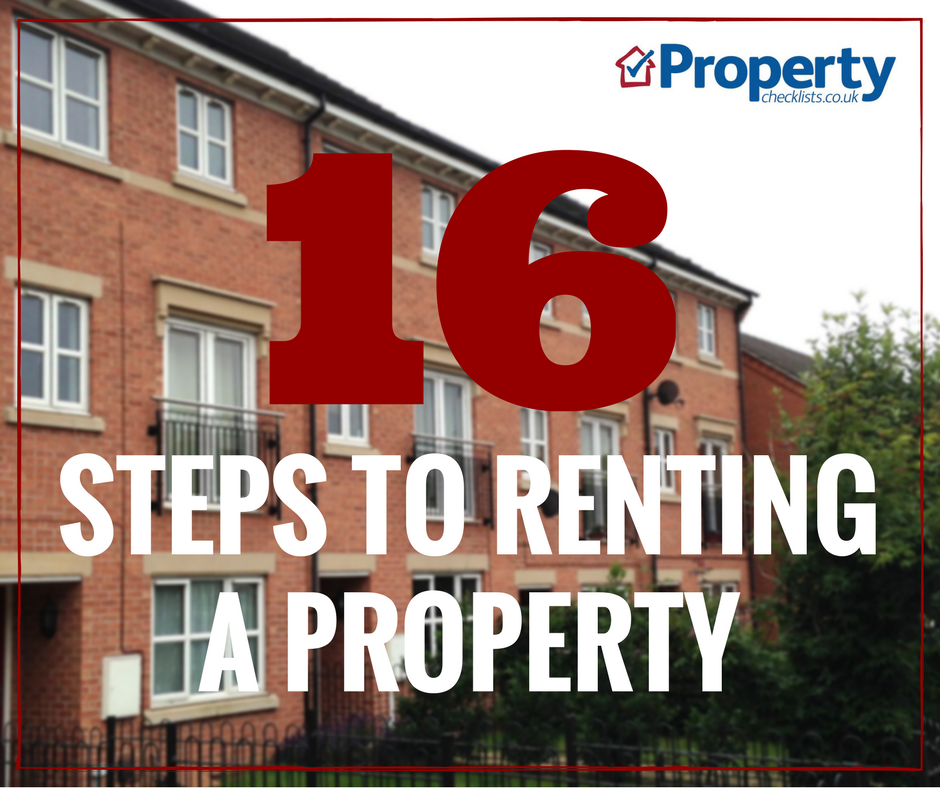
I was quite frankly stunned by the reports that Mark Carney was predicting a fall of 35% in property prices if we had a ‘no deal’ Brexit.
And, having tried to find out more about what was actually said, I’m not even sure how real this headline was as apparently this was more related to ‘if this happened, would the banks cope?’ and the answer was rumoured to be ‘yes’.
But what really worries me about this is that it rather suggests that Mark Carney has no faith whatsoever that the measures he and the current government introduced to reduce bubbles in the property market will have any impact at all.
Post the credit crunch these five measures were introduced:
The second thing that worries me about this announcement is we are already seeing a fall in confidence in people wanting to buy and sell a property due to reported job losses, high street downfalls and of course, Brexit. A further ‘nail in the coffin’ comment from the Bank of England certainly won’t help the market in the run-up to Christmas.
So what will happen next? Well, I think we’re likely to go into a period of stagnation to Christmas. Sellers are unlikely to want to sell and buyers may well be thinking, ‘I’ll just hang on for six months’, just in case.
Clearly, this is good news for landlords and investors:
And as Brexit is likely to dominate the headlines over the coming months, it’s worth knowing what the Brexit calendar of events is (thanks to FT) as there is so much going to be happening, it’s likely to impact on whether the market remains calm towards Christmas, or becomes a bit rocky.
Key Brexit dates
30th September to 3rd October 2018: Conservative party conference. Housing is now a key agenda item and last year a whole raft of changes was suggested on housing, including letting agents being regulated, so it is worth keeping an eye out to see what new proposals come from this event.
18th & 19th October 2018: EU summit. This could be when a final agreement is reached on the terms of our exit.
Depending on the terms, both consumer confidence and the strength of the pound could be buoyed up or could waver. If no agreement is reached, there may be a further emergency summit in November.
13th & 14th December 2018: Final European Council of 2018. This is when the terms of our divorce deal are likely to be signed off.
When the final terms are announced, there’s like to be either a positive or negative impact on both Sterling and consumer confidence.
January to February 2019: Commons approval of the Brexit deal, as agreed in Brussels. At this point, Parliament will also pass a Bill that sets out the full terms of our exit from the EU. At the same time, the withdrawal agreement must be backed by a ‘supermajority’ of leaders from the EU member states at a summit and approved by the European Parliament. Any legal issues could be referred to the European Court of Justice.
29th March 2019: Brexit day: we officially leave the EU. On this day, there are bound to be lots of political announcements and emotive headlines but, assuming a reasonable deal has been reached, daily life will probably carry on as usual.
30th March 2019 to December 2020: The 21-month transition period, during which trade talks will take place. During this time, most aspects of UK membership of the EU will remain in place - including free movement across borders and membership of the customs union and single market – but, significantly, Britain will no longer have a vote.
5 steps for landlords to take ahead of Brexit
Sources:
https://www.ft.com/content/64e7f218-4ad4-11e7-919a-1e14ce4af89b
https://www.ons.gov.uk/economy/
| Buy to let tax - Nicholsons Chartered Accountants | How to rent - Property Checklists | Renting a Room - Spareroom |
 |
 |
 |